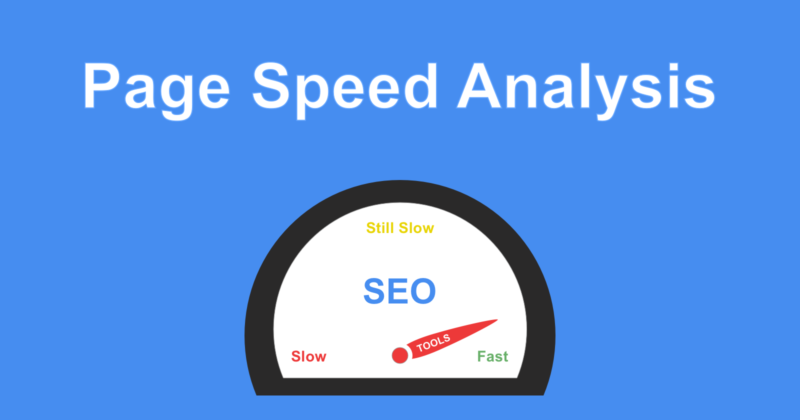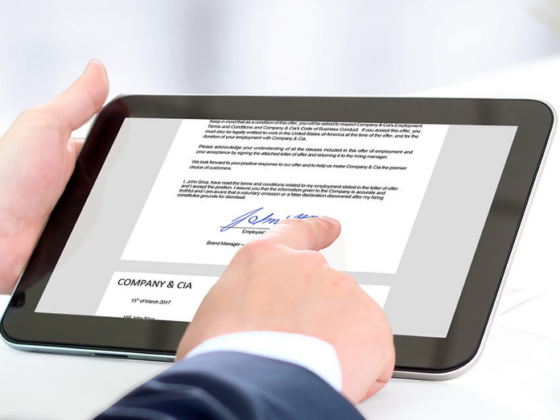DOES SEO IMPACT WEBSITE SPEED?
Website Speed Affect SEO– Understanding the relationship between website page speed and SEO may be challenging. However, Google announced in 2010 that website page speed would be crucial for technical SEO and would increase your chances of having your pages rank well on SERPs (SERPs). A few years later, Google verified that websites should also optimize their loading times for mobile devices as the popularity of mobile devices increased.
Google defines page speed as the amount of time a user must wait for a page to fully load.
Because it enhances user experience and makes it simpler for a bot to crawl pages, website speed is crucial from an SEO Service India viewpoint. As a result, Google strongly favours pages that load quickly. However, keep in mind that the relevancy of the page to the user is more important to Google’s ranking factors than the speed of the website.
According to a poll by Unbounce, many customers blame their internet service provider for the poor page load time. The truth is that a slow internet connection might slow pages down, but more often than not, you’re also making things worse by not speeding up your website.
Website speed can impact SEO in the following ways:
lowering the bounce rate
Your website’s visitors don’t want to wait around for your pages to load. Any difficulty they encounter while on your site will turn them away because they are there for a specific reason. They will probably leave the page if there is a delay when they try to access the content.
Unbounce reports that the bounce rate for sites that take two seconds to download is nine percent, but if it takes five seconds to load, it more than triples.
It might be troublesome if visitors are leaving your homepage or landing page. Making ensuring this page loads quickly is important since it serves as the entrance to the remainder of your website. While a landing page is crucial since that’s where you aim to convert visitors to your website.
You can lose out on conversions as a result of a slow page load time. If users leave your website quickly, they won’t take the desired action. The final fact is that more conversions are probably going to result from a quicker website performance.
Can you afford to have a high bounce rate if you work in e-commerce? Amazing data demonstrate that even a one-second delay in page loading on a mobile device may result in a 20% reduction in conversions.
better crawling
A website’s loading speed affects how quickly Google’s bots can crawl and index it. Search engines favour this element as a consequence. By making your website faster, you’ll make it easier for bots to crawl your pages and increase the likelihood that they’ll rank them in search engine results.
webpage performance on mobile devices versus desktop
All devices, not just desktop surfing, should take website performance into account. Considerations for enhancing your website’s performance on mobile devices are essential given that more individuals are reading material and seeking solutions on these devices.
Google claims that the typical load time for a page on a mobile device is 15.3 seconds.
web speed testing software
Analyze your website’s current speed as a first step. Fortunately, you can use a lot of free tools to find out how fast your website is and the potential causes of its slowness:
- Insights on page speed
- User Experience Report for Chrome
- GMetrix
What constitutes a speedy page?
There isn’t exactly a set optimum page speed. Google’s top-ranked sites typically load in 3 seconds. The idea is that you should strive to make your website as quick as you can when it comes to page speed.
Having a quick site might also provide you an edge over rivals that have slower sites by luring away their clients. Visitors will be happy to locate your site after leaving theirs.
How can website speed be increased?
Website speed may be increased in a variety of ways. For the most difficult jobs, many of them call for the assistance of a developer or technical Indian SEO experts. However, there are several things you can do without their assistance to speed up your website:
Redirects should be less.
Your pages’ redirection frequency slows down page load time. Therefore, it could be time to clear up your redirects if you have extraneous redirects.
code cleanup
If there is any excess code on a page that is no longer necessary for your website, you should think about eliminating it. These may be unused page components or residual code from features you may have already deleted from your website. Start working on removing this code because there is no purpose for it to be there.
Image size reduction
Consider shrinking and compressing images if their sizes are significantly bigger than necessary. Many website owners upload photographs at their largest possible size. The best solution to this problem is to crop them to the precise dimensions required for the page. To speed up your sites, this may be a simple victory.







